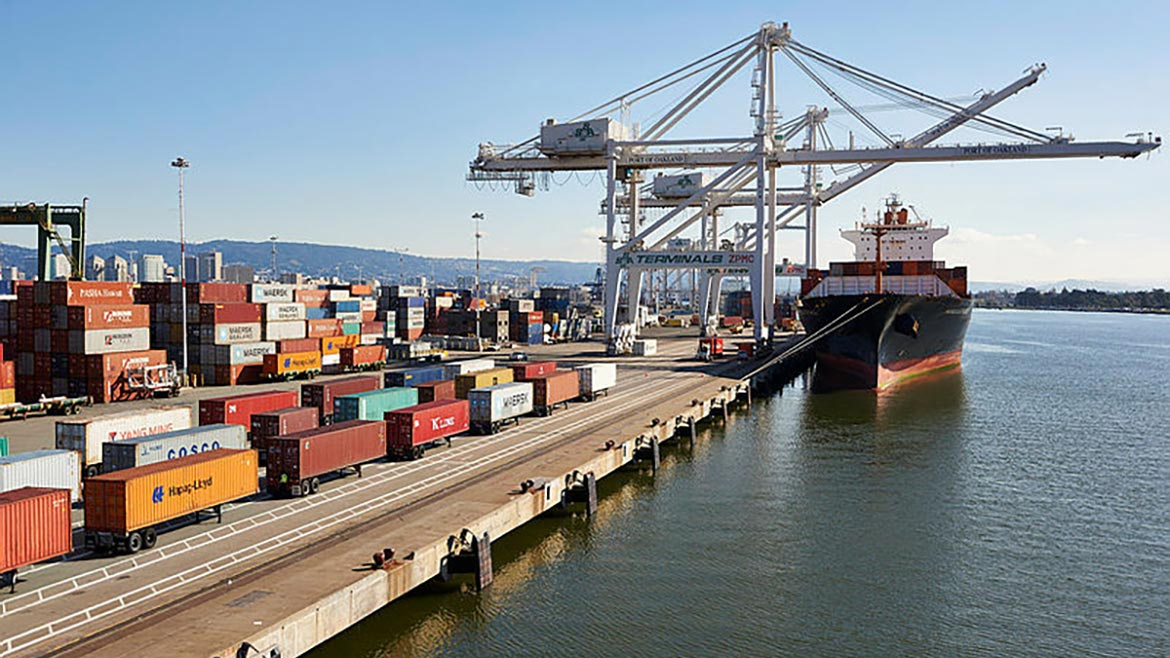As the industrial and transportation markets demand high productivity and improved equipment protection, proper lubrication of parts within varying operating temperatures is essential. Making viscosity modifiers and, more importantly, performance polymers valuable to industries as they can help protect equipment, maximize efficiency and uptime and reduce maintenance costs. These direct benefits of performance polymers enable industries to move cleaner and create smarter solutions for better living conditions.
How Viscosity Modifiers Adapted To Market Changes
The evolution of the viscosity modifier to the performance polymer can be comparable to that of the rotary phone to a smartphone. A rotary phone provides the essential functions of a phone, serving as a direct form of communication with voice calls. Over time, the world and the everyday person’s needs evolved, leading to the smartphone. Although a smartphone still delivers a direct form of communication by making voice calls, it has evolved with the fast-paced needs of the world. Now a smartphone serves as a calendar, camera, a fitness tracker, a music device, a calculator and more.
A viscosity modifier is similar to a rotary phone, as it served the market needs to control the viscosity of base oil within the lubricant. As industries and equipment has evolved, there has become a need to evolve viscosity modifiers to meet changes in operating conditions to better maintain equipment.
Defined as an oil soluble polymer, viscosity modifiers control the viscosity of base oil. Their role is to help lubricant blenders achieve desired viscosity (rheological) properties, mainly reducing the tendency of a lubricant’s viscosity to change when subjected to temperature fluctuations. This is effectively achieved using defined viscosity grades.
However, unlike viscosity modifiers, performance polymers impart and retain desirable mechanical, thermal and chemical properties when subjected to a harsh environment such as high temperature, high pressure and corrosive chemicals. Moving beyond viscosity and viscosity index, performance polymers are essential components that go beyond the effectiveness of traditional lube components, as their performance benefits go beyond controlling viscosity.
Designed specifically to meet the cleanliness and durability challenges of today’s equipment in industrial and transportation markets, performance polymers can also enable increased flow to vital components which increases efficiency, meaning more miles per gallon in transportation or hours of uptime for industrial applications. If the right performance polymer is not used, it can result in part failure, unwanted downtime and reduced profits. Use of a high-quality product is essential.
Benefits of High-Quality Performance Polymers
When used with appropriate additives and base fluids, performance polymers can help formulate high-performing lubricants that meet industry standards and original equipment manufacturer performance levels. Currently, most multi-grade approvals need a performance polymer to meet criteria. To ensure industry specs are met from the start, it is recommended to incorporate the performance polymer during development, testing and seeking approvals. Use of the right performance polymer in your lubricants can lead to increased uptime in industrial applications and increased mileage per gallon for many modes of transportation.
One way to ensure a formulation guarantees performance is by putting it to the test. Whether you have these capabilities in-house or seek them externally, finding the right company can supply you with the peace of mind you need that each formulation can handle the demands placed on today’s equipment.
Our View
Today’s equipment in industrial and transportation settings is more demanding than ever before. This makes the use of the right performance polymer essential to maintaining a high-quality lubricant and protecting equipment hardware.
To discover the benefits performance polymers can deliver to the transportation and industrial industries, return for the next article of our series. For information on performance polymers and how they could best serve your business needs, contact your Lubrizol representative today.









